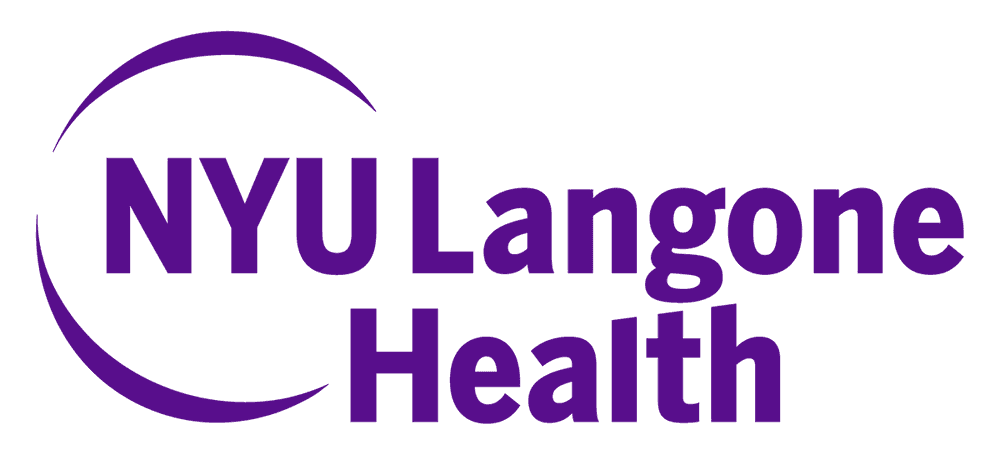
How Can Psychedelics Affect Patients With Cancer?

CURE spoke with an expert about how psychedelics such as psilocybin may impact patients’ mental health.
Psychedelics may have a positive effect on the mental health of patients with cancer, as one expert explained in an interview.
CURE spoke with Dr. Michael Bogenschutz, director of the NYU Langone Center for Psychedelic Medicine in New York. Bogenschutz is among the investigators working on a multicenter phase 2b clinical trial now recruiting participants which will study the effects of single-dose
That study follows research published by Bogenschutz and colleagues in Nature Mental Health pooling previously unpublished data from two phase 2 clinical trials involving 79 participants with cancer-related distress. This found that PAP significantly improved anxiety, depression, interpersonal sensitivity, hostility, obsession-compulsion and somatization, and did not result in any lasting phobia, paranoia or psychosis.
Bogenschutz spoke with CURE about how psychedelics such as psilocybin affect the mental health of individuals, including patients with cancer.
Transcript:
In the context of treatment, another aspect of the effects [of psychedelics] that appears to be very important is that there can be a pronounced change in how people perceive even their own identity and their relationship to other people, even other objects. So, the sense of connection with other people and even with the whole universe can be very markedly enhanced. So people will report feelings of oneness or connection. This, for some people, can have a spiritual quality.
And in the context of people who are struggling with the real possibility of their death in the relatively near future, facing death, the perception of the self in more fluid terms, and in a way that's more connected with the rest of reality, can be very reassuring to people and give them a sense, a perspective on their own mortality, which makes it much easier to accept.
And, of course, this is a reality that's not just faced by [patients with cancer]. It's faced by all human beings and is something that we, as a society, aren't necessarily very well-equipped to deal with in our usual thinking about ourselves and our lives. So that aspect of the psychedelic experience is probably relevant, could be relevant to its therapeutic effects in all kinds of disorders, but is particularly central to the issues that [patients with cancer] are dealing with.
Transcript has been edited for clarity and conciseness.
For more news on cancer updates, research and education, don’t forget to
Reference
“Psilocybin-assisted psychotherapy improves psychiatric symptoms across multiple dimensions in patients with cancer” by Dr. Petros Petridis, et al., Nature Mental Health.




